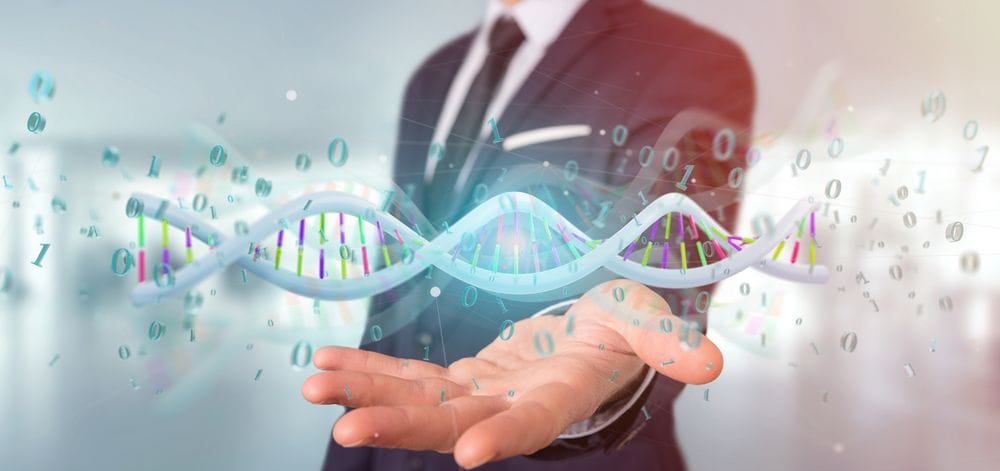Big data is something that has had an impact on just about every industry, and this includes the medical field. There are numerous types of information that medical professionals collect, and the goal is to collect enough information to make more accurate decisions regarding someone’s healthcare. One example is clinical genetic data. This is the process of collecting genetic information from multiple people to try to learn more about certain illnesses and diseases. The goal is to diagnose people faster to give doctors time to make decisions that can improve their prognoses. What are some of the biggest applications of this type of information? Take a look at several important points below, and consider talking to your doctor about genetic testing.
Identify Asymptomatic Carriers
One of the biggest potential applications of this type of information is that it could be used to identify asymptomatic carriers. There are some people who might be carrying genetic markers for certain diseases, but they do not show any symptoms because they are only carriers. This type of information could have a significant impact on their offspring, particularly if they have children with someone who is a carrier of the same condition. People might want to know this before they decide to have children. Clinical genetic testing could be used to identify asymptomatic carriers.
Develop Profiles for Potential Disease Risk
Genetic testing is also helpful because it could allow doctors and researchers to develop profiles for potential disease risks. Some people may be at a greater risk of developing diabetes than others. Other people may be at a greater risk of suffering a heart attack. It could be helpful to take a look at the variations at multiple genetic loci to see if there is any way to identify who is at a greater risk of developing certain conditions than others. If doctors can identify who is that a greater risk of developing certain conditions, they may be able to help that person make lifestyle changes to reduce their risks of developing specific conditions. This could have an impact on someone’s overall quality of life.
Predict Drug and Genome Interactions
Finally, genetic testing is important because it can help doctors predict drug and genome interactions. There are certain people who respond better to certain medications than others. In the past, it was very difficult to predict how someone would respond to certain types of treatment. Now, thanks to clinical genetic information, it is possible to take a look at someone’s genome and see which drugs may work better than others. This can help reduce healthcare expenses and improve someone’s overall prognosis. Individuals should talk to their doctors about having their genetic information tested. That way, they can figure out which medications might work better for them in certain situations. This could change the way doctors prescribe medication to people all over the world.
The Applications of Genetic Data Are Significant
In the end, these are just a few of the many ways that clinical genetic information might be applied. This is a field that is expanding rapidly, and there is a lot of research taking place. It is important to keep an eye on the results of this research because it could change the way doctors use genetic information regarding their patients. Even though there are a lot of privacy implications to consider, there are also a lot of potential benefits of this information. It could make it easier for doctors to diagnose and treat certain illnesses and conditions.
Meet Abby, a passionate health product reviewer with years of experience in the field. Abby's love for health and wellness started at a young age, and she has made it her life mission to find the best products to help people achieve optimal health. She has a Bachelor's degree in Nutrition and Dietetics and has worked in various health institutions as a Nutritionist. Her expertise in the field has made her a trusted voice in the health community. She regularly writes product reviews and provides nutrition tips, and advice that helps her followers make informed decisions about their health. In her free time, Jane enjoys exploring new hiking trails and trying new recipes in her kitchen to support her healthy lifestyle.








